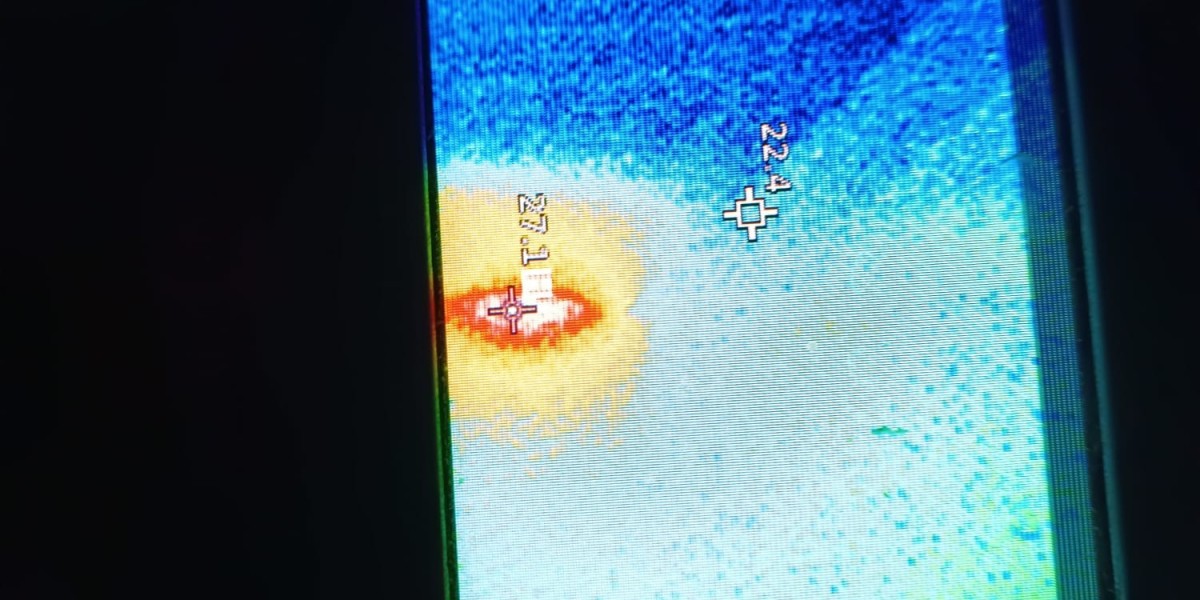Attention Deficit Hyperactivity Disorder (ADHD) is a neurodevelopmental condition that affects both children and adults. Understanding the ADHD diagnosis process is crucial for individuals seeking clarity on their symptoms and treatment options. This article will guide you through the stages of diagnosis, providing insights into what to expect at each step.

Initial Consultation: The First Step in ADHD Diagnosis
The journey towards an ADHD diagnosis typically begins with an initial consultation with a healthcare professional. During this meeting, you may be asked a variety of questions regarding your symptoms, medical history, and family background. It is essential to be open and honest during this discussion, as it lays the foundation for the diagnostic process.
- What symptoms are you experiencing?
- When did these symptoms begin?
- Do you have a family history of ADHD or other mental health conditions?
These questions help the clinician understand your unique situation and determine whether further evaluation is necessary.
Comprehensive Evaluation: Assessing ADHD Symptoms
If the initial consultation suggests the possibility of ADHD, a comprehensive evaluation will follow. This stage may involve:
- Standardized questionnaires to assess symptoms.
- Behavioral assessments from parents, teachers, or partners.
- Psychological testing to rule out other conditions.
During this phase, the healthcare provider will analyze the information collected to identify patterns that align with ADHD criteria. It is important to note that ADHD can manifest differently in each individual, which is why a thorough evaluation is essential.
Understanding the ADHD Diagnosis Criteria
The ADHD diagnosis is based on specific criteria outlined in the Diagnostic and Statistical Manual of Mental Disorders (DSM-5). To receive a diagnosis, individuals must exhibit a persistent pattern of inattention and/or hyperactivity-impulsivity that interferes with functioning or development. The symptoms must be present for at least six months and be inappropriate for the individual's developmental level.
Moreover, symptoms must be evident in two or more settings, such as home and school, to ensure a comprehensive understanding of the individual's challenges.
Post-Diagnosis: Treatment Options and Support
Once diagnosed, individuals can explore various treatment options tailored to their needs. These may include:
- Behavioral therapy
- Medication management
- Support groups
For more detailed insights into how a psychiatrist diagnoses and treats adult ADHD, consider visiting this link.
Conclusion: Navigating the ADHD Diagnosis Journey
Understanding the ADHD diagnosis process can empower individuals to seek the help they need. By being informed about what to expect at each stage, you can approach the diagnosis with confidence and clarity. Remember, seeking professional guidance is a crucial step towards managing ADHD effectively.






